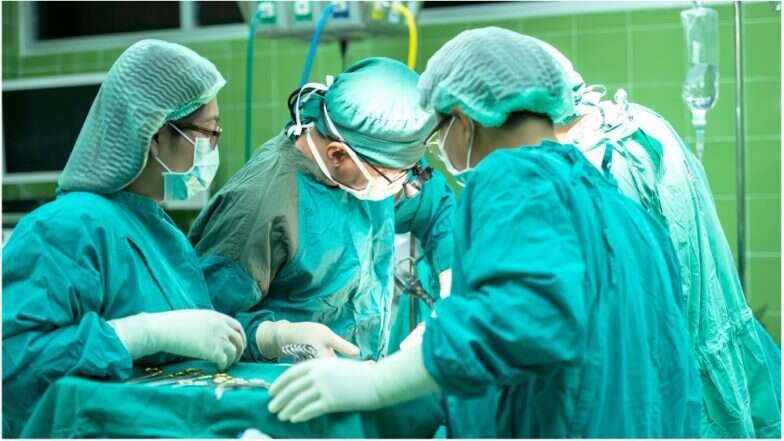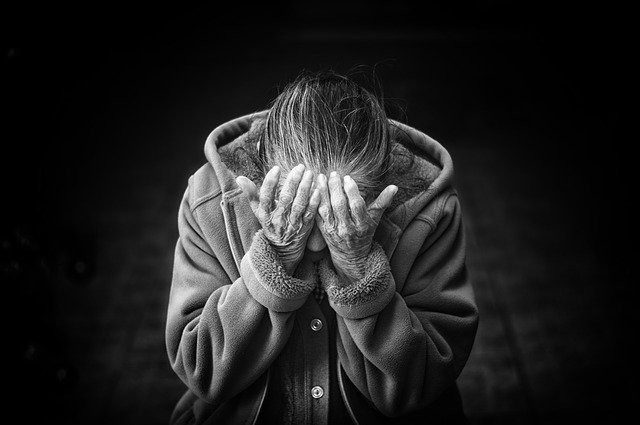 Dr Ravi Mohanka, Chief Liver Transplant Surgeon at Global Hospital, Mumbai
Dr Ravi Mohanka, Chief Liver Transplant Surgeon at Global Hospital, Mumbai
Covid-19 pandemic came unannounced and has taken everyone by surprise, including the government, the healthcare industry and especially the hospitals. The anxiety related to the infection among people, frequently changing diagnosis and treatment guidelines and lack of availability of any preventive modality or effective treatment lead to the pandemic of fear.
Patients were afraid to come to the hospital for any treatment. Most patients and doctors postponed their planned surgeries, procedures and treatments for a later date. Patients on regular dialysis or chemotherapy did not have a choice of stopping treatment but had to find a way to ensure a safe way to undergo the same. Patients with a serious illness such as heart disease, stroke, liver failure and in need of life-saving operations such as angioplasty, transplants had others.
In the beginning, i.e. April 2020, all transplants in most hospitals across the country were put on hold except emergency cases. Initial studies from the western countries reported higher risk in Covid patients undergoing surgeries. Many meetings of Indian and international transplant professional societies published guidelines about which types of transplants should be undertaken, the screening and testing protocol for the patient, donor and the transplant team were outlined.
With time, the mechanism of injury in Covid-19 infection became clearer. Its effect on transplant patients has also been reported by some centres. On the other hand, in most cities the number of Covid-19 patients has been increasing, thus all hospitals have been mandated by the government to reserve a proportion of their beds for Covid-19 patients. Since transplant patients are at higher risk of infections, various hospitals had to devise mechanisms to take care of both Covid-19 patients, who are highly infectious and transplant patients who had a higher risk of acquiring infections, such as:
- Transplants were not carried out in hospitals exclusively treating only Covid-19 patients
- In hospitals taking care of both Covid-19 and other patients, there were separate pathways for entry and exit of these patients. The patients were admitted in separate ICUs and ward (floors)
- The transplant and Covid-19 teams, including nurses, technicians, doctors and other staff were separate
- In the case of cadaveric (deceased) donors, the donors were tested for Covid-19 with a nasopharyngeal swab PCR and CT scan of the chest before accepting them as donors. Due to the tests, the donation would take longer (1 – 2 days) compared to the normal situation. Families of such donors have exhibited exceptional patience, resilience, and determination in helping other patients get a second chance at life.
- Each family donor and recipient were screened for their symptoms, travel history and only accepted for transplant after they were tested and found to be negative for COVID-19 infection by a nasopharyngeal swab PCR and a CT scan of the chest. The patients cared for by the hospital staff without any family members until discharge, except in children where the family member taking care of the child was also tested.
- In our hospital, the donor, recipient and the family members are also tested before discharge from the hospital.
- Any members of the transplant team that were symptomatic were tested and if positive were quarantined and excluded from transplants until the infection resolved.
- In the case of cadaveric (deceased donor) transplants, patients were advised to avoid travelling from other cities those residing locally were offered an opportunity to undergo a transplant.
- The supply chain was also disrupted, and most manufacturers faced difficulties in manufacturing or distribution. Some of the units refocussed their manufacturing units to make masks, disinfectants, and ventilators.
- Cases were planned according to the availability of material and manpower, and in certain dire situations, the cooperation between hospitals, that are competitors was exceptional.
With these and many other efforts, transplants have been safely and successfully performed since May 2020 in most units with very good outcomes.











